SUMMARY
This is AI generated summarization, which may have errors. For context, always refer to the full article.
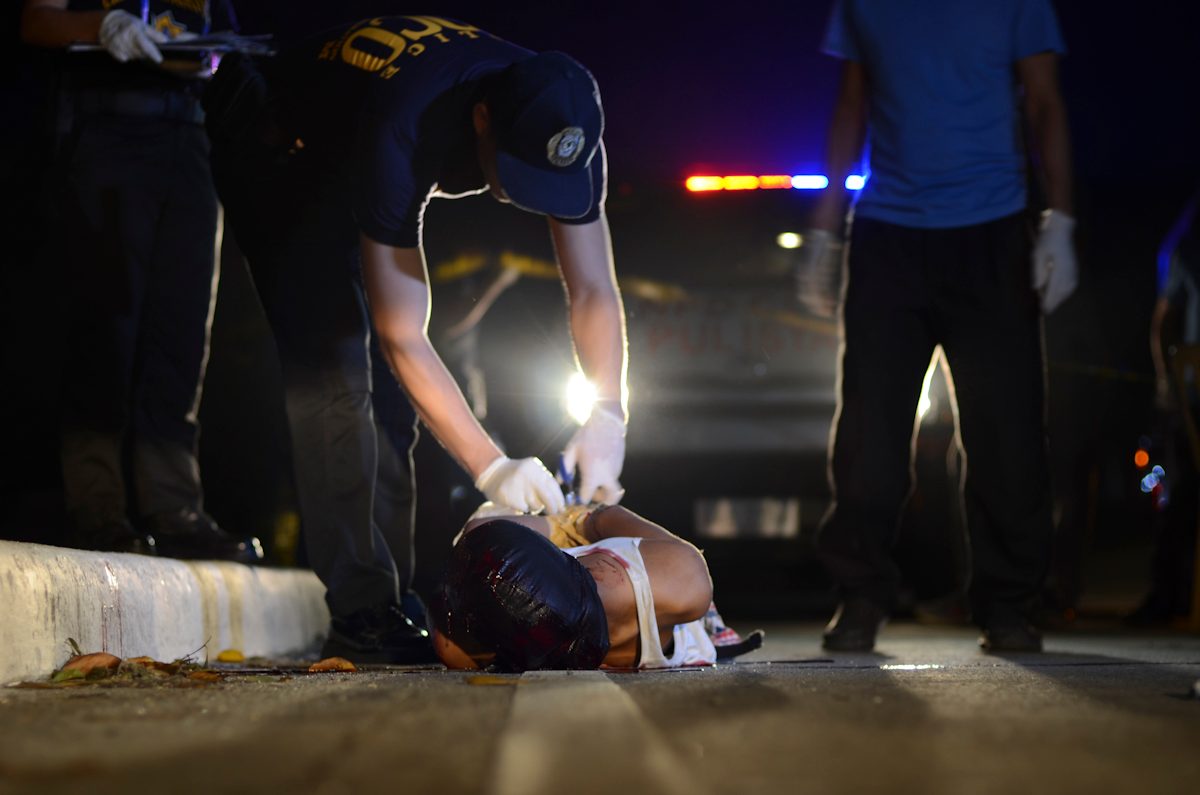
The Philippines’ Department of Justice (DOJ) has yet to show any complaint filed against erring police, two months after it released its drug war review that found that cops violated protocols in operations where they killed drug suspects allegedly out of self-defense.
Justice Undersecretary Adrian Sugay on Friday, April 23, did not categorically answer repeated questions on whether there has been any administrative or criminal complaint filed against the cops.
After a back-and-forth, Sugay said: “I will ask the Philippine National Police (PNP) through the Internal Affairs Service (IAS), the legal service and the human rights office. We should be able to meet with them in early May.”
Rappler asked if he can check with the National Prosecution Service (NPS), an independent unit of the DOJ, since the criminal complaints are filed before them anyway. “I will check,” the undersecretary said Friday morning.
One of the promises of the much-hyped drug war review panel is to hold the erring cops accountable, with Justice Secretary Menardo Guevarra even saying that “scores of police officers had been recommended for administrative and criminal action.”
Guevarra did say that it will be the PNP that will file the complaints against their own. The secretary had said on February 25 that if the PNP would not file any complaint, then “any member agency of the review panel may file the appropriate complaint with the DOJ for the conduct of preliminary investigation.”
Asked if the panel can file the complaint by itself, and if there’s a deadline for the PNP to do so, Sugay said: “Again, the work of the drug panel continues. We aim to continue with the review and to submit our additional findings findings to the Office of the President.”
To this day, the DOJ has not publicized its partial report, only telling the United Nations Human Rights Council (UN HRC) that there was “no full examination of the weapons” in the cases where drug suspects were killed by cops allegedly because they fought back with a gun or nanlaban cases.
“The release of the report to the public is up to the President,” said Sugay.
This drug war review is the Philippine government’s commitment to the UNHRC, and the reason why the council spared President Rodrigo Duterte of tougher scrutiny over alleged human rights violations under his rule.
Local and international human rights groups have slammed this panel as just a smokescreen. They called for a more transparent process that will lead to more prosecution of not just of junior cops but senior police officers and government officials who have enabled the killings, including Duterte.
The International Criminal Court (ICC) is set to announce within the first half of the year if it would move to the investigation phase in the crimes against humanity case against Duterte’s government.
The investigation is a more crucial phase where summons and warrants can be served, and it’s dependent on whether the Philippines is able or willing to solve the problems by itself.
AO 35 task force
The DOJ also has an extrajudicial killing task force, called the Administrative Order (AO) 35 task force, but it has also yet to report any major development in the high-profile killings it’s handling like the 2020 deaths of prominent activists Randall Echanis and Zara Alvarez.
“With regard to the investigation on the death of Randall Echanis, the AO35 secretariat promised to give an update early next week,” said Sugay.
The AO 35 task force was also supposed to do a big picture analysis of the killings, to be able to spot patterns and deter such crimes.
“Right now, the AO35 task force has its plate full with the work on the recent deaths in the Calabarzon and Capiz areas, among others. We should be able to resume work on other matters in the weeks ahead,” said Sugay, referring to the Bloody Sunday incident on March 7 where cops serving search warrants killed activists who the police claimed were armed and resisted arrest. – Rappler.com
Add a comment
How does this make you feel?
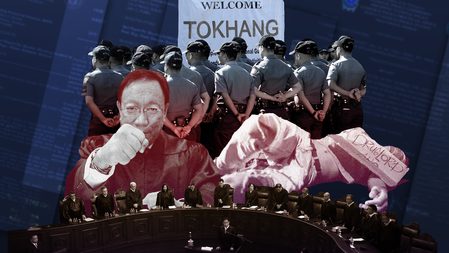






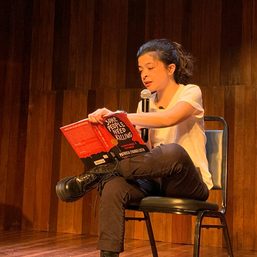
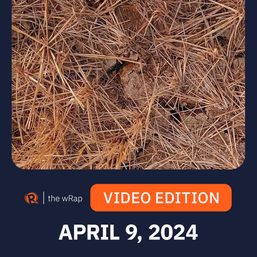
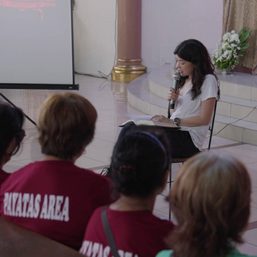
There are no comments yet. Add your comment to start the conversation.